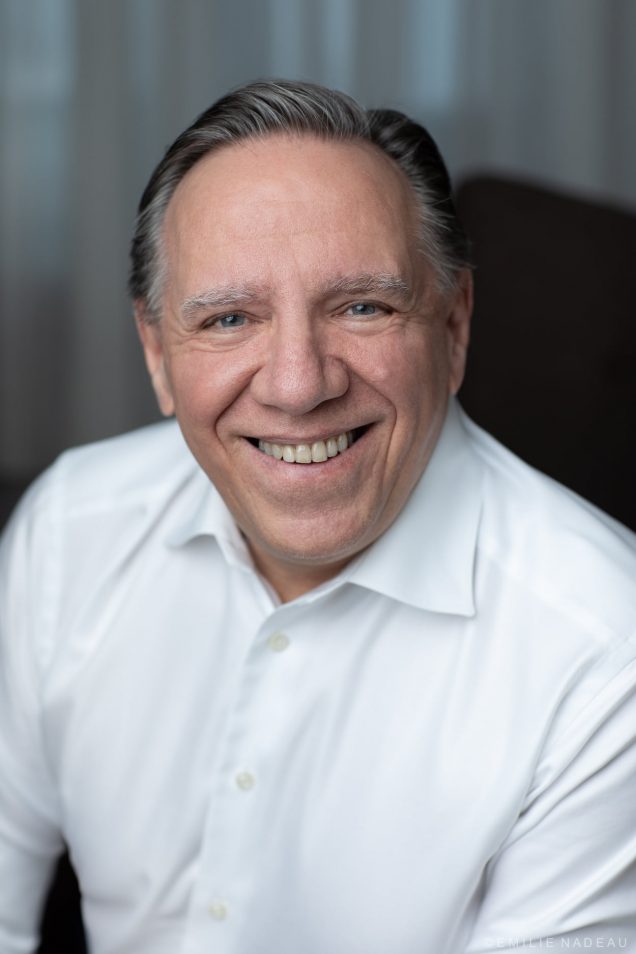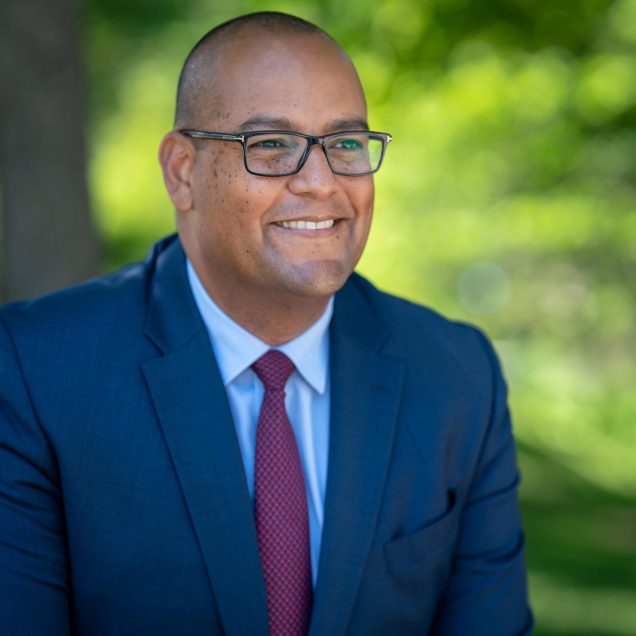Quebec’s Bill 96: Language law creates barriers to immigrant, indigenous, other groups
Quebec’s Bill 96: Language law creates barriers to immigrant, indigenous, other groups

Quebec Premier Francois Legault
By Michelle Chermaine Ramos
LJI Reporter
The Philippine Reporter
Quebec’s Bill 96 came into effect on June 1, 2022, to promote the use of French in schools, businesses, workplaces, public spaces, and government services supposedly in an effort to protect the French language and Quebec culture. This has drawn backlash from English speakers, businesses, indigenous and immigrant groups, disability advocates and health sector advocates.
Quebec’s labour shortage has put children at risk
The move has been criticized in light of the labor shortage considering the Quebec government announced in April that it is planning to hire 3,000 migrant workers next year. The province has also witnessed an alarming trend of children ages 11 to 14 joining the workforce because of persistent labor shortages and getting injured on the job. A June 15, 2022, Global News article reports that unlike other provinces, Quebec has no minimum working age and that “in 2021, 203 children under 16 years old suffered a work-related injury– a jump of 36 percent from 2020, when there were 149 injuries. In 2019, 154 kids under 16 were hurt on the job, while in 2018, there were 85 injuries reported in that age group”.
Creating barriers for migrants accessing essential services while opening doors to lawsuits
With clear communication being vital for safety in the workplace and everywhere else, imagine what this language reform will do. The law will cap the number of students enrolling in English-language colleges. All businesses must inform and serve their Quebec clients in French. The law also applies to e-commerce businesses located outside of Quebec who serve customers in Quebec. Businesses are also required to communicate with Quebec employees in French and there will be stricter standards for hiring in Quebec when it comes to posting jobs in French as well as limiting situations where knowledge of a language other than French is required as a condition of employment.
This move also opens the possibilities of lawsuits as explained by lawyer Alexandre Fallon of Osler, Hoskin and Harcourt LLP in Montreal. This introduces “a new private right of action for all Quebec residents to seek injunctive relief, damages, and punitive damages for violations of the provisions of the charter.”
Critics slam Premier Legault’s statement against multiculturalism
Quebec Premier Francois Legault also came under scrutiny for his statement against multiculturalism. A June 24, 2022 article by the Montreal Gazette has quoted him for saying, “It’s important that we don’t put all cultures on the same level; that’s why we oppose multiculturalism. We prefer to concentrate on what we call interculturalism, where we have one culture, the Quebec culture, and we try to integrate newcomers. I think new people coming to Quebec add to our culture, but it’s important to have culture where we integrate, especially to our language.”

Saul Polo MNA in
Laval-des-Rapides
Saul Polo, Member of the National Assembly of Quebec for Laval-des-Rapides and Official Opposition Critic for Immigration and Professional Legislation since August 18, 2021, said that, “It’s a lack of sensitivity and it’s a lack of humanism and it’s a lack of respect for all the sacrifices that all these families do on a day-to-day basis, not just to survive and to provide their family members with a better quality of life, but also to adopt the French language in the public space, in the workforce, at schools as well.”
Filipinos and other non-French speaking migrants struggle to meet unrealistic language requirements while juggling work and taking care of their families
Refugees and newcomers to Quebec such as migrant workers will be allowed to access services in English or another language within their first six months after which the law states that all government services will be exclusively in French. This is designed to force them to learn French in six months if they wish to stay there. Government workers are required by law to switch all communications with them to French after those six months are over regardless of them previously communicating in another language.
Cheney De Guzman is a member of the Migrante Quebec migrants’ rights group and works as an immigration consultant and has been living in Quebec City for 16 years. She managed to become fluent in French only after several years and said that forcing migrants to learn French in only six months is unfair and unrealistic. “Migrante Quebec do not oppose the protection of language. We see it as a right of every nation and its people but it should not go overboard not to recognize the basic right of each individual and the common good of its people,” she said.
This circles back to the fact the multiculturalism cannot be avoided because Quebec needs workers. “Since 2019, there were 130,000 migrant workers who came to Quebec under the temporary foreign worker’s program. They belong to different nationalities and cultures alongside their spouses with open work permits and children as students.,” De Guzman explained. “These workers have to pass CLB 7 language test to be able to be a permanent resident. As a result, they go out to other provinces, leaving their employers looking for workers again, or their families stay for many years without obtaining their permanent residency. It is not because they do not like to learn the language, it is because they work so hard every day and there is not much time to go to school to learn and speak French.”
Migrante Quebec says that in the midst of the Quebec government implementing harsh policies to protect the French language, other crucial issues haven’t been given the same priority. “We tend to neglect the real issue of our health care system, the needs of our institution for workers, the situation of our migrant workers not being given a fair chance in our society. We ask Premier Legault as to what extent will you continue your identity politics to pursue your need for recognition and protection? Is it to the extent of closing health centers because we chose not to hire people who do not speak French but are willing to learn the language given a chance? To the extent of putting a 6-month rule to migrant workers neglecting the fact that the French language is hard to learn? To the extent of businesses closing because they cannot hire people?,” said De Guzman.
SOURCES
Bill 96: Understanding Quebec’s French Language Law
https://www.youtube.com/watch?v=o-Lp986wR1U
Bill 96 and the Charter of the French Language: The Language of Business in Québec
https://www.stikeman.com/en-ca/kh/corporations-commercial-law/business-impacts-of-quebecs-language-law-changes-an-update-on-bill-96
How some in Montreal are pivoting careers as city copes with labour shortages
https://globalnews.ca/news/8961877/montreal-job-changes-labour-shortage-covid-pandemic/
With more kids working and getting hurt on the job, Quebec to review labour laws
https://globalnews.ca/news/8923558/quebec-labour-laws-children-employment/
Legault says he’s against multiculturalism because ‘it’s important to have culture where we integrate’
https://montrealgazette.com/news/quebec/legault-says-hes-against-multiculturalism-because-not-all-cultures-are-equal
Bill 96 and the Charter of the French Language: The Language of Business in Québec
https://www.stikeman.com/en-ca/kh/corporations-commercial-law/business-impacts-of-quebecs-language-law-changes-an-update-on-bill-96
Bill 96: New French language obligations affecting workplaces, business, contracts and more
https://www.blg.com/en/insights/2022/05/bill-96-new-french-language-obligations-affecting-workplaces-business-contracts-and-more
What’s in Quebec’s new law to protect the French language
https://www.cbc.ca/news/canada/montreal/bill-96-explained-1.6460764
Comments (0)